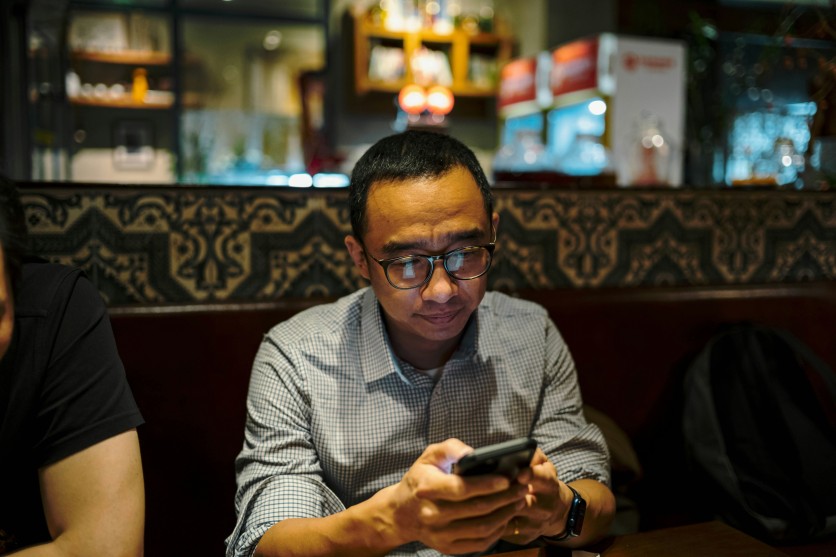
On Sunday, Twitter Co-Founder Jack Dorsey introduced Bitchat, a Bluetooth-powered messaging system offering offline, encrypted chat capabilities that work without internet or servers.
Bitchat shifts the focus from platform-level disruption to feature-level decentralization, enabling peer-to-peer messaging over Bluetooth Low Energy mesh. Designed for short-range communication, it allows messages to travel between nearby devices, encrypted and temporary, providing an alternative to cloud-reliant apps like WhatsApp, especially in low- or no-connectivity environments.
my weekend project to learn about bluetooth mesh networks, relays and store and forward models, message encryption models, and a few other things.
— jack (@jack) July 6, 2025
bitchat: bluetooth mesh chat...IRC vibes.
TestFlight: https://t.co/P5zRRX0TB3
GitHub: https://t.co/Yphb3Izm0P pic.twitter.com/yxZxiMfMH2
Dorsey tweeted: "My weekend project to learn about bluetooth mesh networks, relays and store and forward models, message encryption models, and a few other things. bitchat: bluetooth mesh chat...IRC vibes."
Not long after, Dorsey tweeted again, "oops. TestFlight full (10,000 people). app is still in review for full release."
Detailed in its whitepapers, Bitchat is said to use Bluetooth LE mesh to detect devices up to approximately 30 meters (about 98 feet) away, then form temporary mesh hubs for relaying messages across multiple hops. Each device serves as both client and server, enabling store-and-forward delivery to offline users. Messages are encrypted end-to-end using protocols and digitally signed, then automatically deleted from memory. The system supports message segmentation, compression, and dummy traffic to obscure metadata. Additional features include password-protected group rooms, emergency wipes, and complete independence from phone numbers, SIM cards, or centralized accounts.
Bitchat offers offline, encrypted messaging to apps like WhatsApp by using Bluetooth to send messages between nearby phones without the internet. It's aimed at situations where networks are down or unavailable such as emergencies like flooding, during protests, or in rural areas. Messages are private and temporary and don't rely on phone numbers or servers. Moreover, despite Bluetooth's limited range and speed, the app provides a straightforward way to message without relying on the internet. By cutting out servers entirely, Dorsey aims to give people a more private way to communicate, one that could push bigger platforms to consider similar features.
While WhatsApp and Meta haven't commented on Bitchat, both have seemingly already begun enhancing encryption and privacy features across their platforms.
ⓒ 2026 TECHTIMES.com All rights reserved. Do not reproduce without permission.




